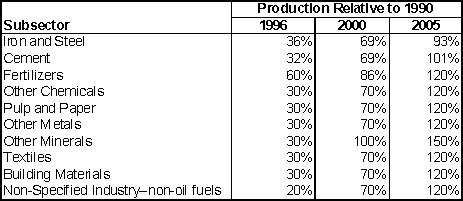Daily Report Archives
Established in December 1993, the Nautilus Institute’s *N*ortheast *A*sia *P*eace and *S*ecurity *N*etwork (NAPSNet) Daily Report served thousands of readers in more than forty countries, including policy makers, diplomats, aid organizations, scholars, donors, activists, students, and journalists.
The NAPSNet Daily Report aimed to serve a community of practitioners engaged in solving the complex security and sustainability issues in the region, especially those posed by the DPRK’s nuclear weapons program and the threat of nuclear war in the region. It was distributed by email rom 1993-1997, and went on-line in December 1997, which is when the archive on this site begins. The format at that time can be seen here.
However, for multiple reasons—the rise of instantaneous news services, the evolution of the North Korea and nuclear issues, the increasing demand for specialized and synthetic analysis of these and related issues, and the decline in donor support for NAPSNet—the Institute stopped producing the Daily Report news summary service as of December 17, 2010.
This essay assessing the current status of the US-DPRK “Agreed Framework” was written by Ralph Cossa Executive Director of Pacific Forum CSIS in Honolulu, Hawaii, a policy-oriented research institute with programs on security, political, economic, and environmental issues that operates as the Asia-Pacific arm of the Center for Strategic and International Studies in Washington, DC. Cossa is a political-military affairs and national security strategy specialist with extensive experience in US security policy-making in the Asia-Pacific and Near East-South Asia regions, including service as a USAF colonel and former special assistant to the Commander-in-Chief, US Pacific Command. Previous distributions of Cossa’s writings through NAPSNet include his analysis of the then-upcoming four-party Korean peace talks preliminary meeting (see “Four-Party Peace Talks Preliminary Meeting” in the Analysis section of the August 4 Daily Report) and his participation in the previous Forum discussion of the December 1996 DPRK statement of “regret” for the submarine incursion incident (see Policy Forum Online #97-01B).
Go to the article

ANNEX A: UNDERLYING ASSUMPTIONS FOR ESTIMATES OF FUTURE ELECTRICITY DEMAND IN THE COUNTRIES OF NORTHEAST ASIA 1. Assumptions driving energy demand growth in China HOUSEHOLD SECTOR The population of China is assumed to increase to 1.45 billion by 2020. The number of households is assumed to increase to 430 […]
Go to the article


